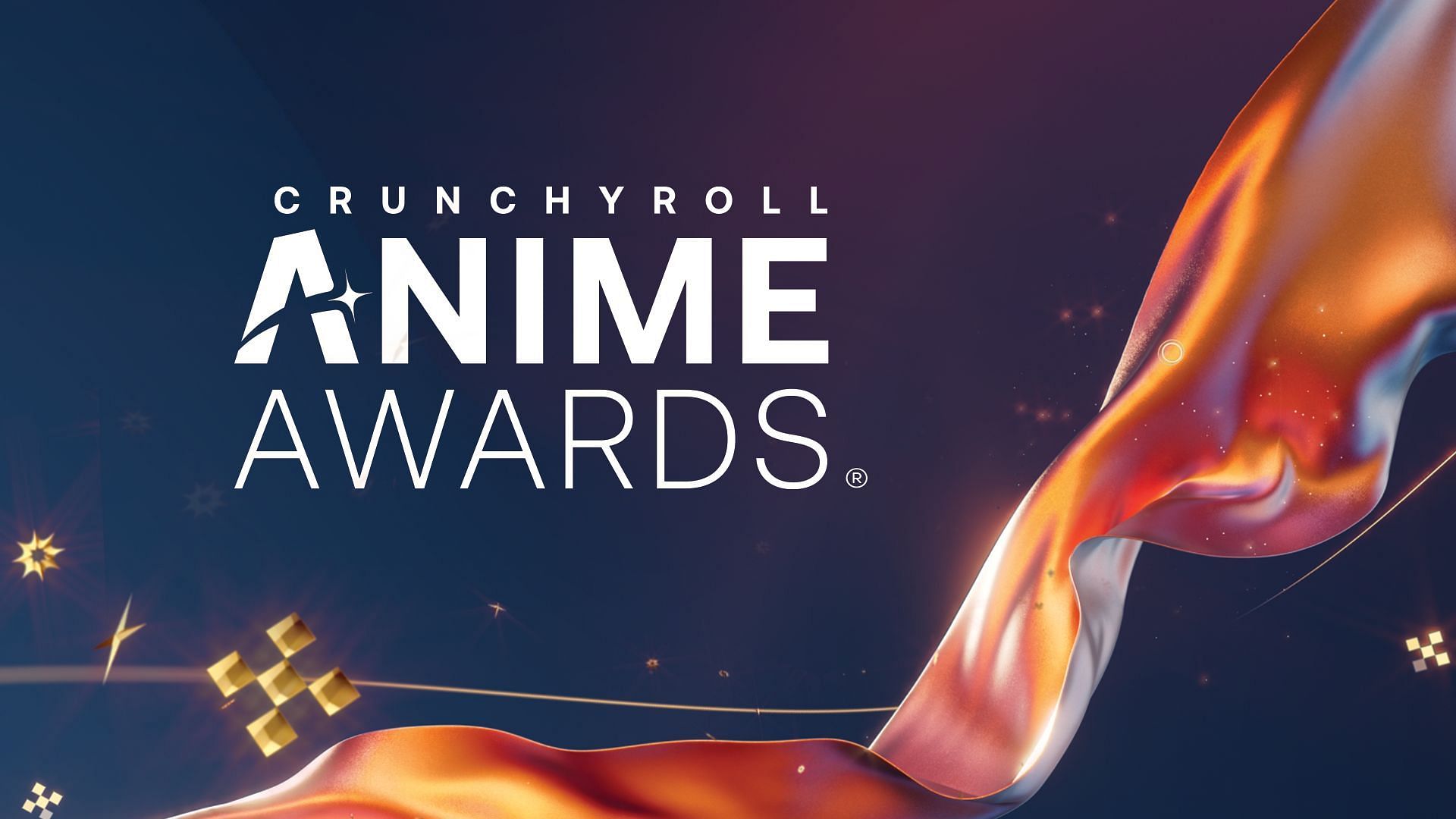I love anime. Over the past few years, I’ve been constantly jumping off the deep end into the anime rabbit hole. I’ve seen almost everything, and I love talking about what my favorites or the best anime are. That’s part of the reason why I love the awards so much.
For a while, I really enjoyed the Crunchyroll awards. Skimming through nominations was a great way to find new stuff to watch, and seeing your favorite anime win something is always special. But my thoughts on the Crunchyroll awards changed drastically over the past year.
Now I’m left questioning how Crunchyroll can get away with operating their own awards.
It all started when I was reading responses to the ninth annual Crunchyroll awards on social media after Solo Leveling won nine awards. The most popular reactions were “it’s a popularity contest” and “the people in charge don’t watch anime.” They’re not entirely wrong, but they’re missing the big picture. It’s a monopoly.
There’s nothing wrong with Crunchyroll acting like a business, but such a major player in the anime industry having this much influence on the overall industry complicates things. The three main issues are bias, marketing, and rules, all of which work hand in hand towards Crunchyroll’s goals.
Bias is the obvious one. In Crunchyroll’s perfect world, they would never nominate anime from another company and keep everything entirely in-house. Only twenty percent of this years nominations were from external streaming services like HiDive, Netflix, and Hulu. It’s very hard for non Crunchyroll shows to be nominated, and even harder for them to win. The majority of external anime that have won over the past few years were for international dubbing, rather than the bigger categories.
Some of the highest-rated anime from this past award season were from other services but failed to make the cut. This list includes Orb: On the Movements of the Earth, The Eminence in Shadow season two, DanMachi season five, The Fable, and Urusei Yatsura season two.
Crunchyroll can pick and choose who gets nominated because it’s their show, but their ability to do so is further influenced by their ability to bend their own rules.
Last year, the awards period ran from October 2022 through September 2023. Crunchyroll famously wouldn’t nominate Frieren or The Apothecary Diaries because they just missed the cut. This year, Crunchyroll extended the eligibility into fall 2024, effectively making a five-season year. This allowed for Dan Da Dan, Blue Box, Re:Zero season three, Blue Lock season two, and Shangri-la Frontier season two to receive nominations, significantly boosting their in-house presence.
But why do they do it? Not wanting to promote your competition is one thing, but if you pay close attention, it becomes clear that Crunchyroll didn’t really care much about the awards they were dishing out. It’s all marketing, all of it.
Solo Leveling has been Crunchyroll’s most successful anime of the past year. What better way to get even more people talking about it than by giving it no awards? Season two of Dan Da Dan comes out in a few weeks. Begin the hype and coverage early with an ungodly amount of nominations.
Has it become obvious yet? The Crunchyroll awards are a massive advertisement from the company that distributes the product, disguised as a celebration of the industry. Maybe it is a popularity contest, and people who don’t watch enough anime, but it’s also a carefully planned-out marketing ploy.
Can this be fixed? Probably not. A dedicated third party would have to swoop in and do their own anime awards, and I don’t see that happening any time soon.


